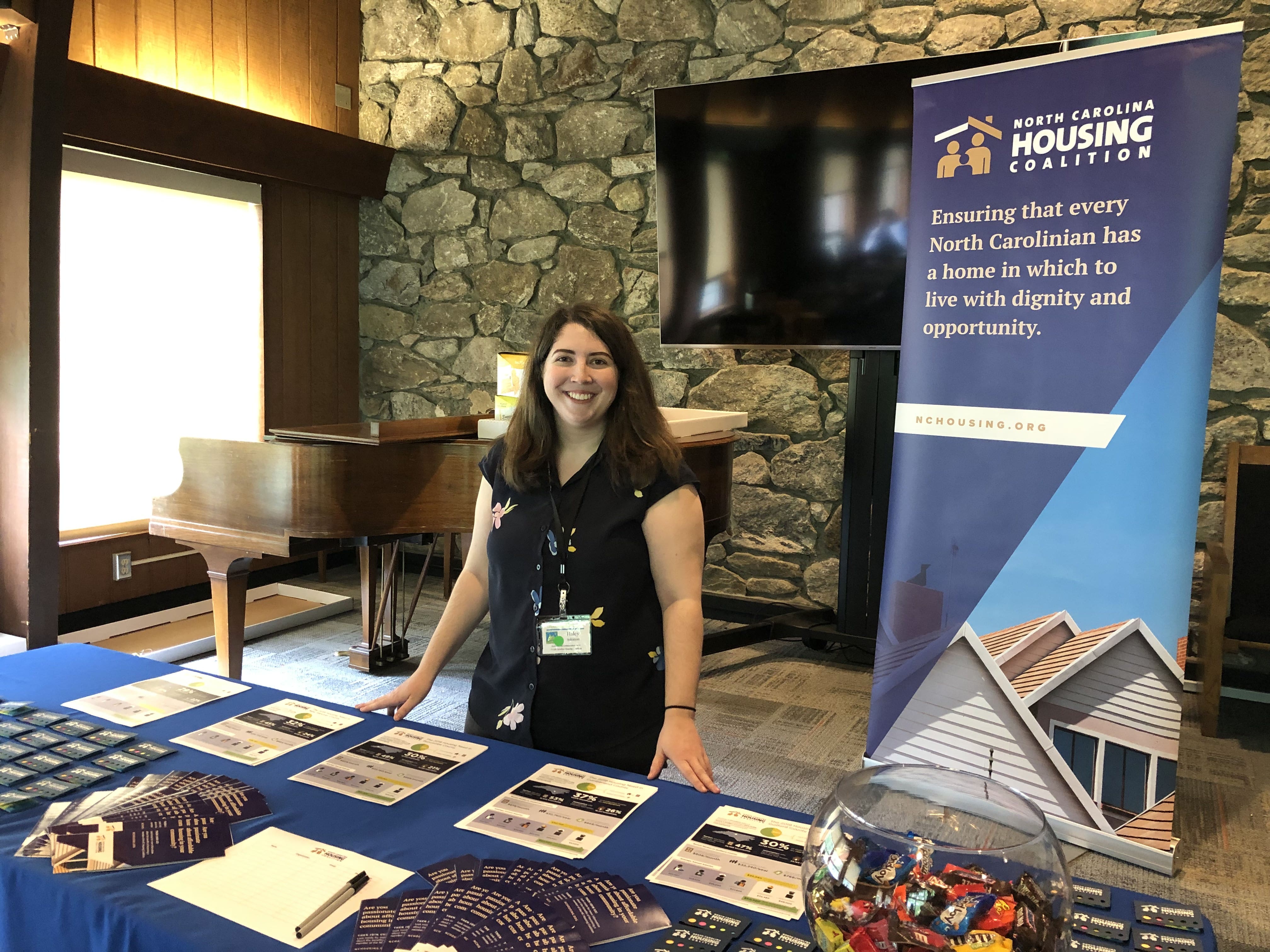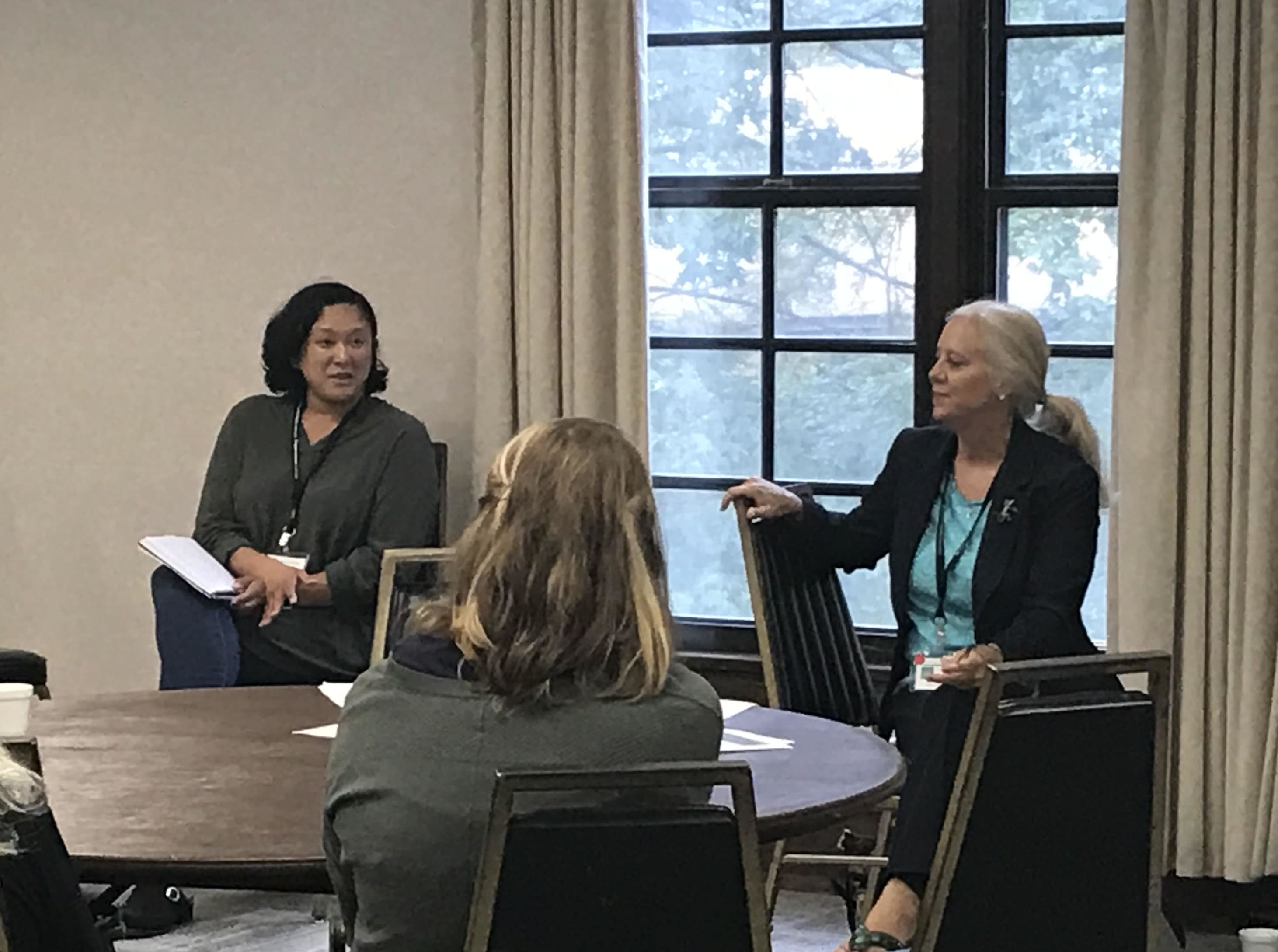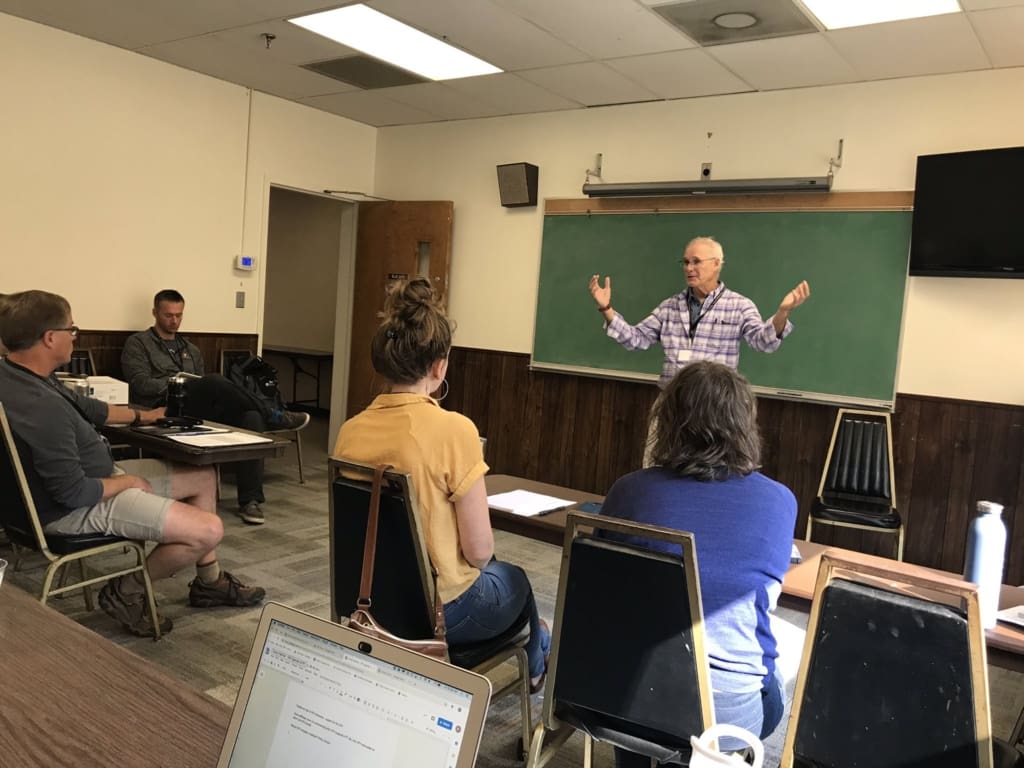State Budget Update
The General Assembly returned to Raleigh this week. However, the budget impasse continues. As of today, the Senate has yet to schedule a vote to override Governor Roy Cooper’s budget veto. The majority is reportedly confident that an override will pass. Until then, state legislators will continue working on piecemeal budget stopgap measures that provide funding to individual programs or groups of programs. Senate President Pro Tem Phil Berger announced Tuesday that he expects to adjourn the current session by October 31st at the latest. Thus far, there has been no official word whether the Workforce Housing Loan Program (WHLP) will be included in a piecemeal bill. NCHC will alert members if we hear of potential WHLP funding.
NCHFA Releases 2nd Draft of QAP
Last Friday, the NC Housing Finance Agency released the 2nd draft of the 2020 Qualified Allocation Plan (QAP), outlining the process and criteria for allocating Low-Income Housing Tax Credits (LIHTC). The 2nd draft reflects feedback NCHFA staff received since releasing the first draft. Among notable changes in this version, is the reinstatement of lowest poverty rate census tract as the first tie-breaker. The second tie-breaker will be the county with the lowest number of 9% units developed in the past five years. Project Developments Cost limits have also been increased by $2000 per unit. The QAP also retains language on how WHLP funds are distributed in the event that funding is appropriated for WHLP either by budget veto override or piecemeal spending bill.
HFA staff will be hosting a discussion of the QAP at next week’s Housing Works Conference Monday 10/7 at 2PM. Comments will continue to be accepted by e-mail at rentalhelp@nchfa.com.
Required Affordable Housing Reports Due This Week
Last July the General Assembly passed and Governor Cooper signed into law Senate Bill 316 requiring local municipalities with populations greater than 90,000 to report on their affordable housing related programs, subsidies, and other activities. The reports were to be turned into the GA’s Joint Oversight Committee on General Government by Tuesday, October 1st.
The reports are required to identify the municipality’s amount of affordable housing units (subsidized or under local government oversight) and the strategies being employed to address a lack of affordable housing. Specifically S. 316 requires large municipalities to describe their activities in areas such as rezoning, rehabilitation of existing housing, and their utilization of programs or funding from federal and state sources.
Once all reports have been turned in, the Housing Coalition will review, analyze, and report on the themes that emerge. On this week’s Housing Call, Paul D’Angelo from the City of Asheville spoke about his process and experience in preparing the newly required report. Notes and links to topics discussed on the call can be found on our website. These calls are hosted every Tuesday morning at 9:30, however, next week, we will not host the call because we will be hosting the Housing Works conference.
Proposed Durham Bonds Discussed on CityLife
The City of Durham’s Director of Community Development, Reginald Johnson, and Assistant Director of Community Development, Karen Lado, were interviewed on City Life this past week to discuss the proposed $95 million in affordable housing bonds. Johnson and Lado provided a brief overview of what affordable housing is and the current state of Durham’s housing stock. They explained the purpose of the bonds and described how the funds will be used to produce and preserve affordable housing. The 15-minute segment can be viewed here. To learn more about the proposed bond visit the campaign website.
Zoning Around the State
The City of Boone is considering re-zoning over 230 parcels of land that the city has identified as being underutilized. The city is seeking to encourage increased housing development with potential zoning changes that allow for more townhome and multifamily development. Boone is also considering the creation of new zoning categories that allow for smaller cluster home developments and the creation of a Tiny Home zoning district. Boone planning staff expect to present maps identifying parcels to be re-zoned by October 31.
Last week, the town of Nags Head rejected a proposed ordinance to allow accessory dwelling units. The ordinance was proposed in an effort to address the lack of affordable housing, particularly for year-round residents living and working in the area. The ordinance would have allowed certain year-round owner-occupied single-family homes to construct an accessory dwelling unit to be available for long-term rental.
Recent Slate of Federal Bills Tackling Housing from a New Perspective
A recent slew of bills at the federal level are signifying a shift in perspective on how to address housing issues. Rather than legislating the production or operation of affordable housing, like a product or commodity, these new bills address housing concerns from the perspective that affordable housing is a right. These new bills also consider housing’s place in the larger picture of society.
Last week Congresswoman Alexandria Ocasio-Cortez (D-NY) introduced the “A Place to Prosper” bill (not yet numbered) that would provide protections for tenants, increased oversight on large landlords, and national rent control. The bill aims to address housing affordability by increasing equity and stability as it relates to housing access. Another bill introduced by Ocasio-Cortez calls on the U.S. to ratify the 1966 United Nations declaration that includes housing as a fundamental human right.
Senators Maggie Hassan (D-NH), Tim Kaine (D-VA) and Chris Van Hollen (D-MD) introduced the “Prevent Evictions Act” (S. 2486) on September 17. That bill creates a federal grant program to create landlord-tenant mediation courts in an effort to prevent eviction.
Congressman Scott Peters (D-CA) also introduced last week a bill that would tie federal transportation funding. The bill seeks to Build More Housing Near Transit by incentivizing cities to evaluate housing needs as part of applications for transit funds.
Update on H.R. 3077/S. 1703 – AHCIA
Several N.C. Congressional offices have informed the Coalition of their intent to sign on as a co-sponsor to the Affordable Housing Credit Improvement Act (H.R. 3077/S1703). Representatives Adams, Butterfield, Hudson, Price and Rouzer have submitted their names to be added as co-sponsors. They join Representatives Budd, Holding, and Meadows who are already co-sponsors. The Coalition continues to work towards having the entire NC delegation sign on.
Continuing Resolution Passes Ensuring Continued FY19 Funding
The Senate passed by a vote of 82-15 a stopgap funding measure, known as a continuing resolution (CR), on September 26. President Donald Trump signed the CR on September 27, extending Congress’s deadline to pass twelve fiscal year 2020 (FY20) spending bills to November 21. The CR continues FY19 funding levels for the majority of affordable housing and community development programs.
Reports
Annie E. Casey Foundation and NC Child – “Children Living in High Poverty, Low-Opportunity Neighborhoods”
American Sociological Review – “Complaint-Oriented Policing: Regulating Homelessness in Public Space
U.S. Census Bureau – American Community Survey 2018 1-year Data Release
Poverty & Race Research Action Council – “Measuring Fidelity to HUD’s Small Area Fair Market Rents (SAFMRs) Rule: Lessons from First Year Implementation”

Catching Up with the Coalition
 Two weeks ago, Haley Solomon (Communications & Membership Officer) & Pamela Atwood (Director of Housing Policy) participated in Habitat for Humanity NC’s annual conference, Camp Habitat. The annual gathering brings Habitat affiliates from across North Carolina together for a week of trainings, workshops, and camaraderie. Pamela spoke at a workshop on state and local housing policy efforts that fall outside of Habitat’s focus. The Coalition also hosted a booth to share NCHC’s work, programs, and membership opportunities.
Two weeks ago, Haley Solomon (Communications & Membership Officer) & Pamela Atwood (Director of Housing Policy) participated in Habitat for Humanity NC’s annual conference, Camp Habitat. The annual gathering brings Habitat affiliates from across North Carolina together for a week of trainings, workshops, and camaraderie. Pamela spoke at a workshop on state and local housing policy efforts that fall outside of Habitat’s focus. The Coalition also hosted a booth to share NCHC’s work, programs, and membership opportunities.
The Energy Efficiency for All Coalition, of which NCHC is a member, has been selected to participate in a Racial Equity Prototyping program. The coalition members in North Carolina are one of four states that have been selected for this 3-month process that will bring tools and training to other energy efficiency coalitions around the country to center racial equity work among environmental movements.








